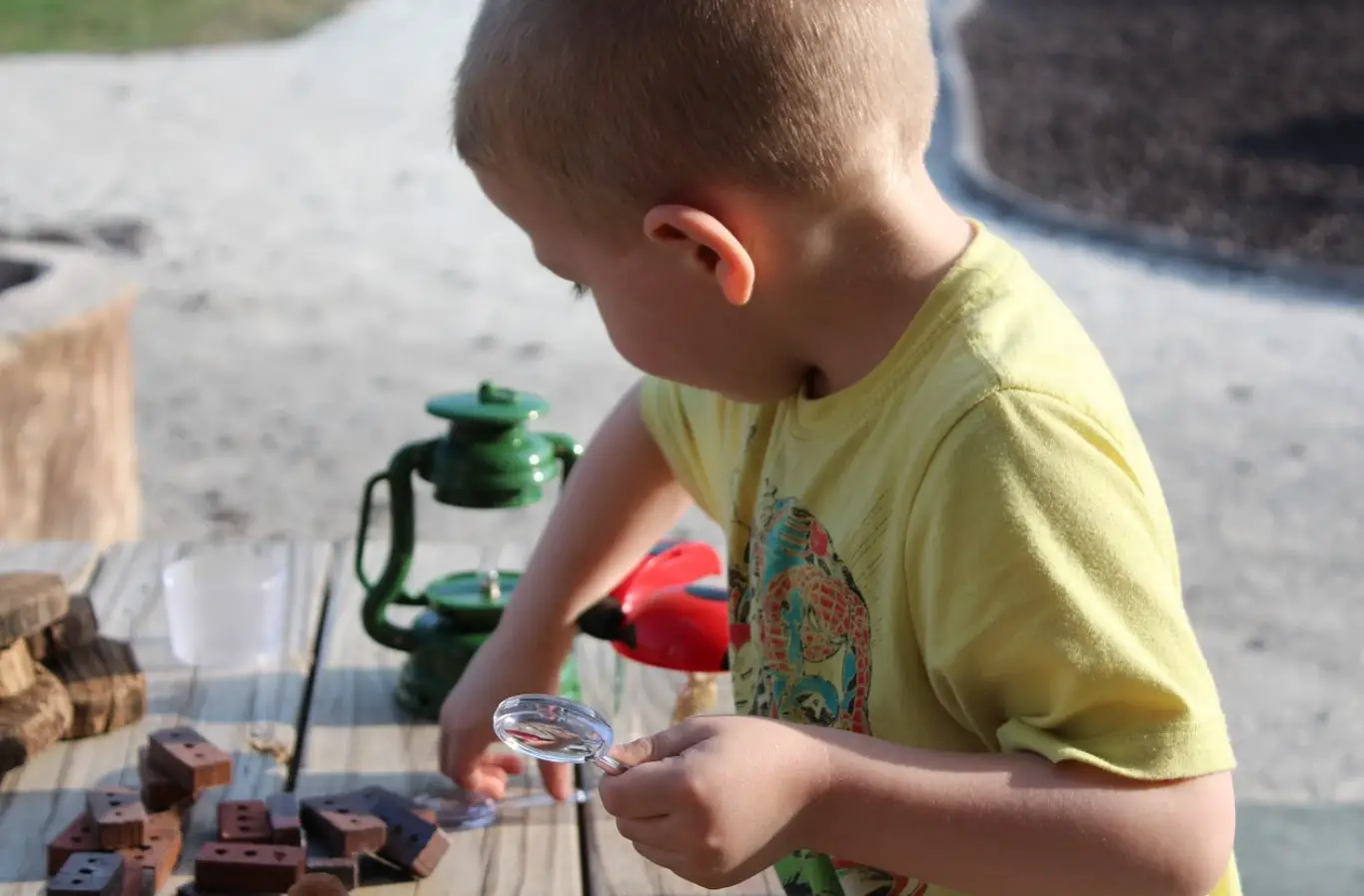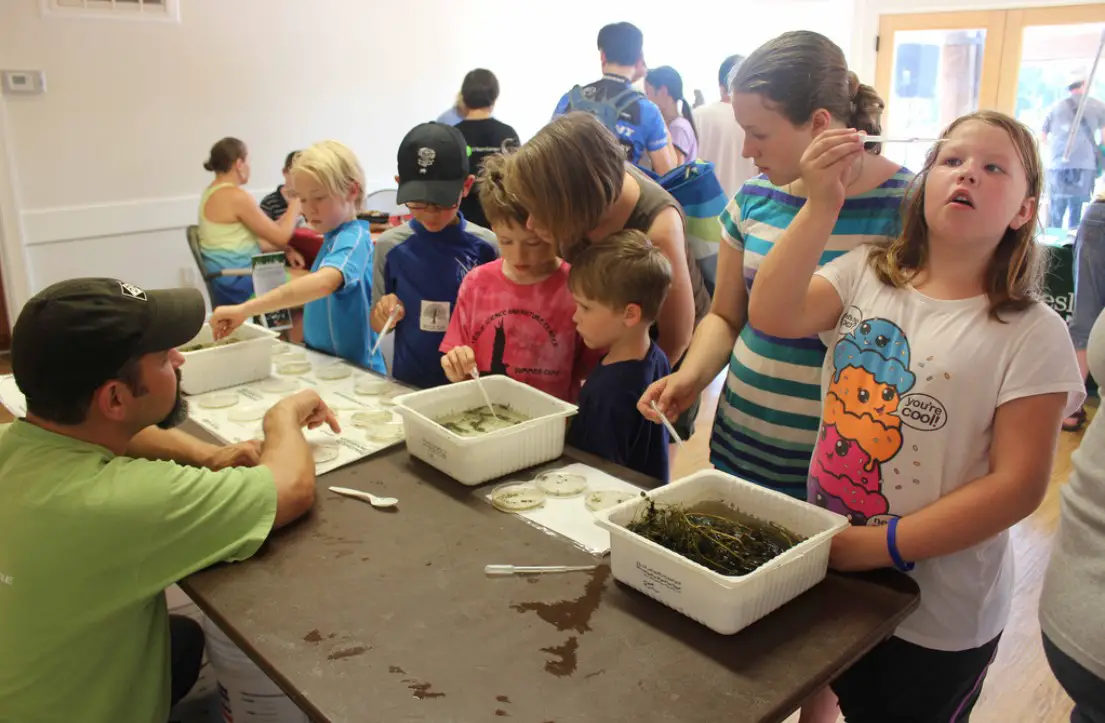
Kids are always very curious about everything. So, to further develop their knowledge about the world, what better way to keep them interested is to learn the wonders of Science?
Sure, talking about Science and technology sounds not exciting at all as it can be boring, but there are numerous ways to keep your kids spark their interest in this boring subject.
Here are 5 ways to make kids more interested in Science and technology that can help you in teaching them.

- Incorporate learning through daily activities
Create activities that children can apply at home like turning your kitchen into a laboratory. The kitchen is a perfect place to have cool experiments like making a volcano out of vinegar and baking soda. Another way to spark their interest in Science is by cooking food or baking some goods. You can show them different types of mixtures, solutions and how things are made just by using your ingredients.
Involve them in family activities and everyday jobs that use some kind of science. You can use your cleaning tools to have a fun chore they can do like washing the dishes or scrubbing the floor. You can create bubbles out of the dish soap and water and have them have a contest who finishes first.
- Play Games And Give Them Toys Related To Science
Kids love to play and learn. There are a ton of games you can play with your child to teach your kid science like role-playing. The example you can provide a Science kit and they will pretend to be Lab technicians doing experiments. You can also use flashcards to let them identify planets, elements or parts of the body. The possibilities are endless. Surely your child would be interested while you provide them with guided support in learning while having fun with them. The sky’s the limit!
- Provide Hands-On Experience
Hands on experience are one of the best tools for tactile learning. Children love to touch things and keep their hands busy. Enlighten their minds with trips to science centers and museums where they can see displays of old artifacts and amazing science exhibits. Some museums offer interactive learning experiences for children where adults can participate as well. They can also watch movies related to science where they can apply their critical thinking by asking those questions related to the movie.
You can also create DIY projects together to enhance their creativity. Learn science experiments that are fun like putting Mentos to a diet coke to create a mini explosion or making eggs float on normal water.
- Participate In Informal Learning Activities
You can take your kid to Science camps, planetariums and zoos to see different aspects of Science. A great way to develop their independent learning is also letting them take part in other organizations or events within the community. Joining Boys and Girls Scouts or clubs is an example where they do a lot of activities like learning about nature or even basic survival skills. Having an active learning environment enhances their social skills and awareness of the natural world.
- Listen And Learn With Them For Support
The best way to help them get more interested in learning Science is by being with them 100%. When they have questions, be prepared to listen to being positive. You can encourage them to ask questions and provide their ideas and explanations along the way. That way, they can have a sole grasp of information and help them develop their problem-solving skills.
Conclusion
These are just some ways to help your kids be interested in learning Science. What’s more important is that you incorporate Science into their daily life by not forcing them to learn the subject. Your role as a parent is to guide them and help foster their curiosity towards learning science subjects that can be beneficial to them in the future. If you are a particularly busy person, you should find qualified science tuition teacher to keep the science learning of your kid take big steps. If you want your kid to be a doctor, engineer or any other profession that requires science as an educational background, you should follow the strategies mentioned in this article. Here is some material for additional reading.










